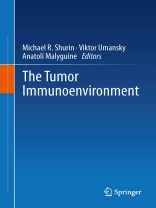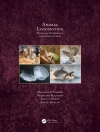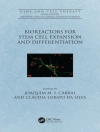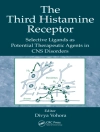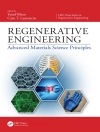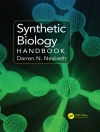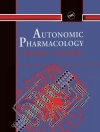Analysis of multidirectional immunological responses at the tumor site allows forming a new concept of The Tumor Immunoenvironment, which is introduced and discussed in the present book with a particular focus on the role of immune cells in controlling the tumor microenvironment at different stages of cancer development. The main goal of this publication is to provide an overview of the current knowledge on the complex and unique role of the immune system, tumor-associated inflammation and tumor-mediated immunomodulation in cancer progression in a way that allows understanding the logistics of cellular and molecular interactions in the tumor lesions.
Mục lục
Preface.- Introduction.- Role of the immunological environment in cancer initiation, development and progression.- Part I Tumor Microenvironment and Immunoenvironment.- The metastatic microenvironment.- Tumor infiltration by immune cells: pathologic evaluation and a clinical significance.- Immunologic interpretation of cancer biology: impact on clinical outcome.- Part II Developmental Characteristics of the Tumor Immuno Environment.- Development of antitumor cellular immunity.- The versatile world of inflammatory chemokines in cancer.-Inflammation, Tumor Progression, and Immune Suppression.- Pleiotropic and differential functions of IL-1a and IL-1b shape the tumor microenvironment and affect the outcome of malignancies.- Impact of obesity and aging on the tumor immunoenvironment.- Part III Tumor Escape from Immune Recognition.- MHC class I antigens and the tumor microenvironment.- Tumor-produced immune regulating factors.- Roles of signaling pathways in cancer cells and immune cellsin generation of immunosuppressive tumor-associated microenvironments.- T cell malfunction in the tumor environment.- Signaling of tumor-induced immunosuppression of dendritic cells.- Tumor microenvironment may shape the function and phenotype of NK cells through the induction of split anergy and generation of regulatory NK cells.- Part IV Immune Regulators in the Tumor Immuno Environment.- The role of myeloid-derived suppressor cells in cancer.- Macrophage differentiation and activation states in the tumor microenvironment.- Dendritic cells and cancer: development, dysfunction and therapeutic targets.- The role of tumor-associated neutrophils in cancer.- Mast cell modulation of the tumor microenvironment.- Regulatory T cells in patients with cancer.- Tumor-evoked regulatory B cells as important mediators of cancer escape.- Part V Tumor Escape and Cancer Immunotherapy.- Cancer immunotherapy: Overview in brief.- Programming of MDSC: New opportunities for targeted therapy.- Therapeutictargeting regulatory T cells in tumor.-Chemo Immuno Modulation: Focus on myeloid regulatory cells.- Combining vaccines with therapies that render tumor cells more susceptible to immune mediated killing.- Prophylactic Cancer Vaccines.- Part VI Analyzing Immune Responses in Cancer.- Approaches to Immunologic Monitoring of Clinical Trials.- Evaluation of the tumor immunoenvironment in clinical trials.- Analysis of Myeloid-derived Suppressor Cells in Patients with Cancer.- When results of T cell immune monitoring match or do not match clinical outcomes of tumor vaccine trials – what more could and should we measure?
